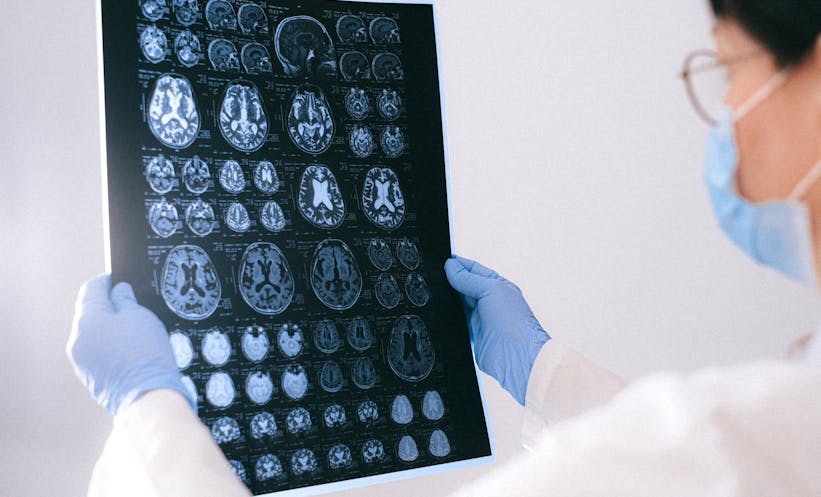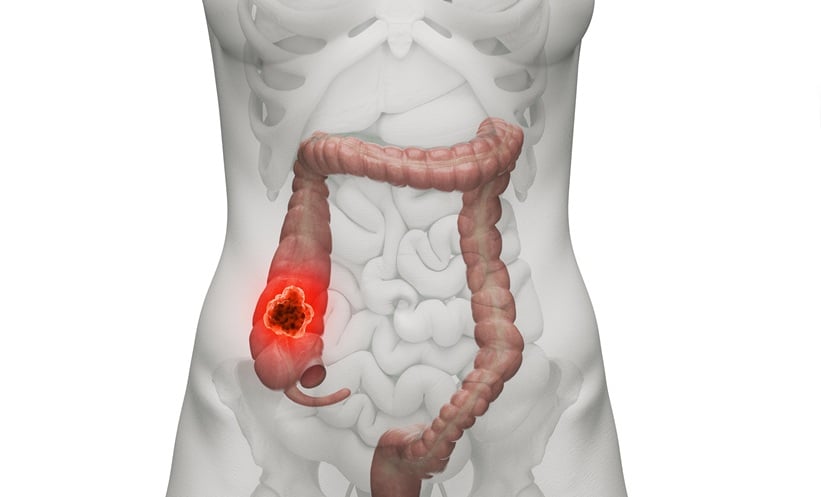A GROUNDBREAKING study has revealed that stroke patients with greater total myelin volume (TMV), measured using synthetic MRI, are more likely to experience favourable outcomes. The findings suggested a novel method for assessing cerebral small vessel disease, a condition linked to stroke-related damage such as white matter lesions, cerebral microbleeds, and lacunar infarcts.
The research focused on 101 acute ischaemic stroke patients. “We quantified the myelin volume in patients with acute ischaemic stroke using synthetic MRI and investigated correlations with white matter lesions and cerebral microbleeds,” the team reported. “Our results revealed significant associations between TMV and outcomes.”
Synthetic MRI, an innovative imaging technique, provides multiple contrast images and quantitative maps, including TMV, in a fraction of the time required by conventional MRI. This efficiency makes it a cost-effective alternative for detailed neurological assessment.
Although myelin quantification has previously been explored in other diseases, its application to stroke patients is relatively new. To bridge this knowledge gap, the researchers used synthetic MRI to evaluate patients, all of whom had a modified Rankin Scale (mRS) score of 2 or less before the stroke. TMV was measured within a week of stroke onset, with good outcomes defined as an mRS score of 2 or less at a three-month follow-up.
Key findings include:
- Patients with larger TMV were younger, predominantly male, and had higher body mass indexes.
- Those with good outcomes exhibited significantly larger TMV than those without (144.85 mL vs 126.62 mL).
- TMV quartiles strongly correlated with positive outcomes, even after adjusting for factors such as stroke severity and infarct volume.
The study underscores TMV’s potential as a powerful prognostic tool. “Our results suggest that TMV is a stronger and more useful prognostic factor than conventional markers of cerebral small vessel disease,” the authors concluded, highlighting synthetic MRI’s role in enhancing stroke care and recovery predictions.
Reference
Toko M et al. Usefulness of myelin quantification using synthetic magnetic resonance imaging for predicting outcomes in patients with acute ischemic stroke. Stroke. 2025;DOI:10.1161/STROKEAHA.124.049851.








